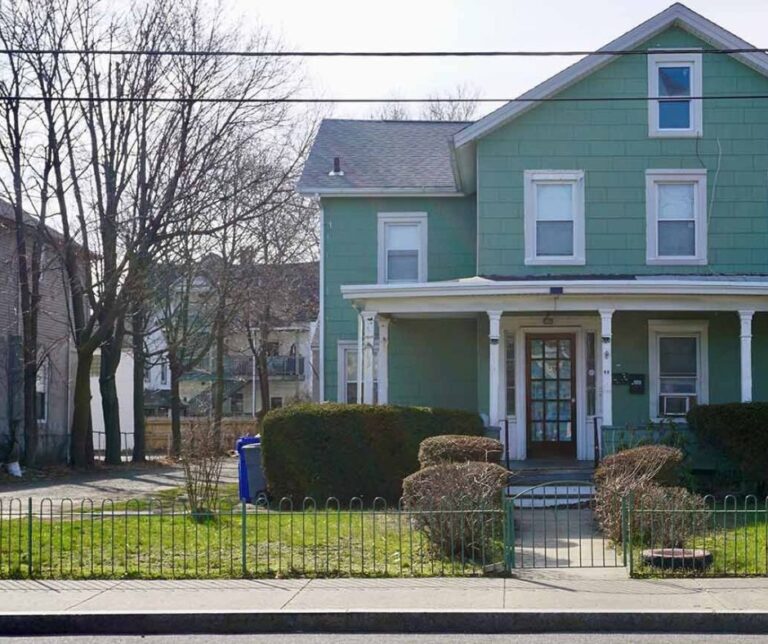
In real estate transactions, one of the most important protections for the buyer is the warranty against eviction, regulated by the Civil Code. This ensures that the buyer's right to possess the sold property will not be affected by the claims of third parties. In this article, we will explore what this warranty entails, the conditions under which it can be invoked, and the rights of the buyer in the event of eviction.
- Conditions of the Warranty Against Eviction
According to Article 1695 of the Civil Code, the seller is obligated to guarantee the buyer against eviction. Eviction refers to any act or claim by a third party that prevents the buyer from exercising ownership rights over the purchased property. The warranty applies when a third party’s claims are based on a right that existed prior to the sale, but which the buyer was unaware of at the time of the purchase.
Additionally, the warranty is owed even when the eviction arises from actions attributable to the seller, even if these actions occur after the sale. In this regard, the seller cannot relieve themselves of responsibility towards the buyer.
- Exceptions and Modifications of the Warranty
However, there are exceptions to this general rule. Article 1696 states that the seller cannot escape the warranty obligation, while Article 1698 allows the parties to agree on the extension or limitation of this warranty. Furthermore, the parties may reach an agreement where the seller is exempt from any warranty, but this does not release the seller from the obligation to refund the price if eviction occurs.
Moreover, Article 1699 stipulates that even if the seller is exempt from the warranty obligation, they will still be liable for eviction arising from their own actions or from causes known to them at the time of the sale, which they concealed from the buyer.
- Buyer’s Rights in Case of Eviction
If a third party successfully claims the property, the buyer has the right to rescind the contract, in accordance with Article 1700. The buyer may request a refund of the purchase price and compensation for the damages suffered due to the eviction. Even in the case of partial eviction, when only part of the property is claimed by the third party, the buyer is entitled to receive a proportionate amount corresponding to the value of the affected property.
Additionally, Article 1703 regulates the issue of damages, stating that the seller is responsible for the value of the fruits returned, the legal fees, and the losses suffered by the buyer due to the eviction.
- Extent of Damages and Refund of the Price
If the seller fails to provide an adequate guarantee, the buyer may request damages. These may include legal fees, direct and indirect losses, and the costs related to necessary repairs to restore the sold property. Moreover, Article 1701 stipulates that the seller must refund the full price, even if the property has been damaged or its value has decreased.
- Beneficiaries of the Warranty
The warranty against eviction applies not only to the original buyer but also to any subsequent purchasers of the property, regardless of whether the acquisition is for consideration or gratuitous. Thus, the seller is required to guarantee the new owners of the property against potential third-party claims.
- Conclusion
The warranty against eviction is an essential protection in any real estate transaction, providing buyers with the assurance that they will not be prevented from exercising their ownership rights over the purchased property. It is important for the parties to understand these conditions and exceptions, and in case of uncertainty or dispute, it is advisable to consult a lawyer specialized in the field to ensure protection against potential future claims.

